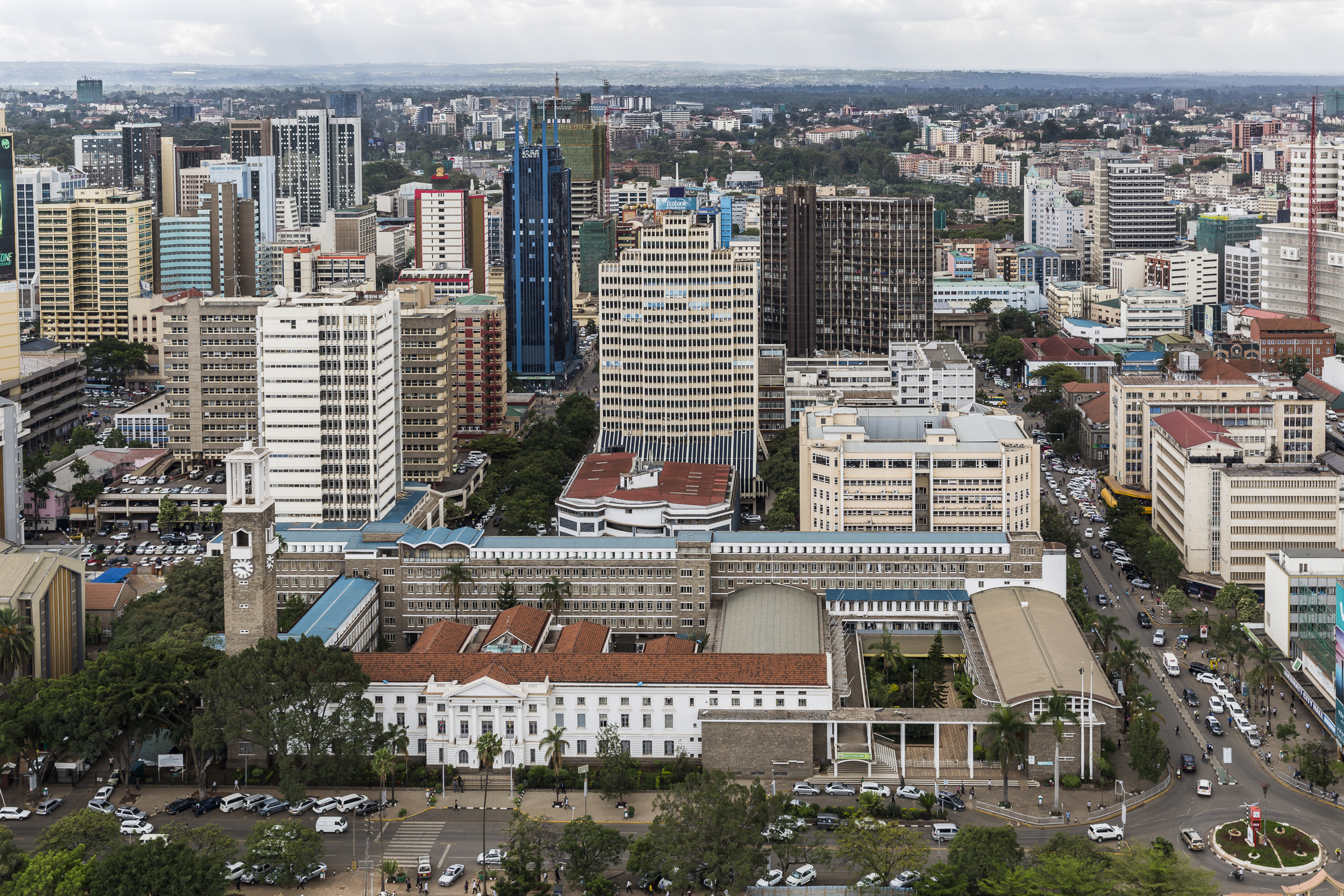Domaines thématiques
With the adoption of the 2010 Constitution, Kenyan county governments were granted the authority to collect property taxes, also known as “land rates”. Most counties levy these rates on the “unimproved site value”, meaning the value of the land, excluding any built property or improvements on the land.
As per the 1964 Valuation for Rating Act, valuation should be undertaken at least every ten years and can be conducted in-house, or with support from the Ministry of Lands, Public Works, Housing and Urban Development (MLPP) or the private sector. Similarly, billing, revenue collection, and enforcement can be undertaken by county governments, or outsourced to the centralized Kenya Revenue Authority (KRA) or private actors. Once taxpayers receive their notices, they can pay their liabilities through M-Pesa (mobile money) or commercial banks.
Although many counties, especially in urban areas, have a relatively high administrative capacity, property tax performance remains weak in Kenya; owing to weak compliance, highly incomplete property registries, and the non-taxation of buildings and improvements. As a result, county governments like the Nairobi City Council (NCC) have taken steps to widen the tax base and improve revenue collection. For example, the NCC introduced a new valuation roll in 2022, effectively updating the tax base for the first time since the 1980s. However, the new roll does not account for the value of built improvements. Incorporating these components would be transformative for the NCC and local development. Ultimately, further reforms are required to truly unlock Nairobi’s property tax potential and to scale this initial success nationally.
Learn more:
- McCluskey, Franzsen and Olima (2017): “Chapter 15: Kenya” in Property Tax in Africa https://www.lincolninst.edu/publications/books/property-tax-in-africa
- Wanjiru, Maina, and Onsomu (2018): “Local Government Property Tax Administration and Collaboration within Central Government: Case Studies of Kiambu, Laikipia, and Machakos Counties, Kenya” https://www.ictd.ac/publication/local-government-property-tax-administration-collaboration-central-government-case-studies-kiambu-laikipia-machakos-counties-kenya/
Featured Projects

Statut : En cours
GIS Mapping and Data Collection for Property Valuation in Nairobi, Kenya
Research & Publications
Related Media
Photo credit to Flickr/Ninara


